PROMOTIONAL RESEARCH
RWRC’s annual ranking of the UK’s top 30 most productive retailers was dominated by brands with a bricks-and-mortar presence. With store-based retailers among the hardest hit by the pandemic, here’s how three retailers have sought to drive efficiencies
As we move into the post-Covid landscape, productivity and operational effectiveness have never been more crucial.
While it is easier for pureplay retailers to achieve greater productivity levels – with typically lower overheads, inventory costs and no leases – RWRC’s annual productivity report, published in association with Catapult and RotaGeek, has identified the UK’s top 30 most productive retailers of 2020 and has some interesting findings.
The top three most productive UK retailers were found to be pureplay brands – find out who they are here – however, 18 of the 30 businesses in the ranking have a bricks-and-mortar presence.
This majority is significant given that it is reasonable to assume that retailers with store networks would struggle to achieve comparable productivity to online brands. Drawing on this finding, the report suggests that retailers with a bricks-and-mortar presence achieving higher productivity outputs are those successfully adapting their strategies to create the right offline and online mix to cater to the changing consumer.
With productivity closely linked to increased employee engagement and return on investment, we have included brief profiles of how three bricks-and-mortar retailers in the ranking have sought to drive productivity in recent months.
View the profiles in full by downloading the report here.

Superdrug
Rank: 24
Deemed an essential retailer, Superdrug was able to continue trading during the pandemic and used the crisis to accelerate innovation and support staff.
The retailer ramped up its introduction of cloud technology for ecommerce – initially due in late 2020 – and by April had implemented it across the business to meet online demand. As a result, that same month, Superdrug was able to process 50% more orders per day – highlighting the power of technology in supporting productivity.
The health and beauty giant also launched a £40m coronavirus staff support package to ensure full pay for parents unable to work remotely or in-store and full pay for anyone unable to work owing to sickness or self-isolation.
This package builds on the clear correlation between employee engagement and productivity. In the report, Dr Heiner Evanschitzky, marketing professor at Alliance Manchester Business School, says: “A way to increase productivity is to invest in staff. This will lead to quicker and more satisfactory solutions and better outcomes for the business.”
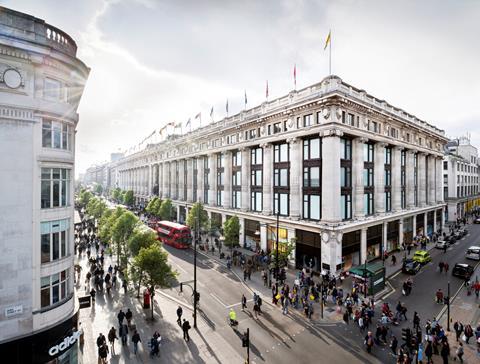
Selfridges
Rank: 28
While some industry observers have long questioned the future of the department store as a retail format, Selfridges has been a beacon for the sector and the retailer is determined to ensure that continues.
Comprising its Oxford Street flagship and stores in Manchester and Birmingham, Selfridges comes in at 28 on the list following a year when it invested £300m in a major store overhaul. This was arguably good timing given the new battle retailers face in attracting consumers back to the high street.
To help get the best out of its teams and support productivity, Selfridges has been integrating tech innovations to help staff manage customer queries.
For instance, over the past few years, Selfridges has been using software from social media monitoring and engagement firm Synthesio to enable its marketing and customer service staff to better respond to shoppers, and analyse their online and offline experiences to find areas for improvement.
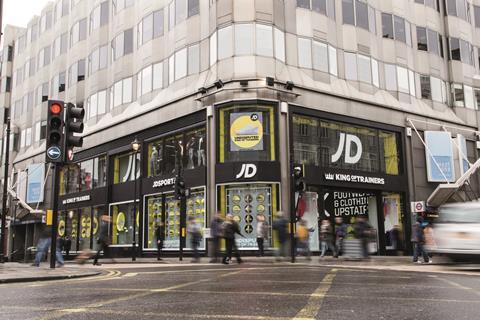
JD Sports
Rank: 29
JD Sports has managed to hold its own in the ferociously competitive environment of 2020.
The sports retailer has been committed to in-store experiences and has said it believes great stores are fundamental to its ability to showcase products because of the ‘theatre’ offered to customers. This commitment has remained post-Covid and to support its team in showcasing products, the retailer has a long-established training programme for all levels of retail staff.
The supply chain is another area where JD Sports is focusing on making productivity gains. In 2019, it revealed it would be investing in “operational capacity and flexibility” in its UK and overseas warehousing as its capital expenditure had risen to £191m in 2018/19 – significantly higher than than the £160m it had expected.
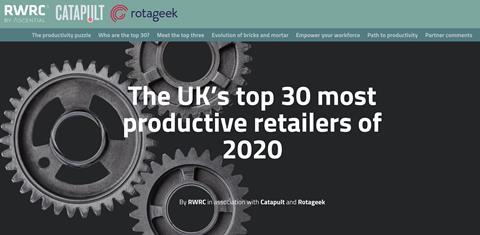
Want to know which other businesses made the list of the UK’s most productive retailers? Access your free copy of the report here today to find out.
You will also discover:
- The scale of the UK’s productivity problem
- Key trends shared by the top 30 most productive retailers
- Insights to pursue your own path to productivity



















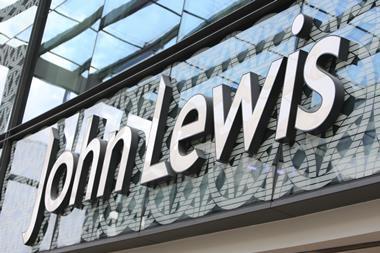

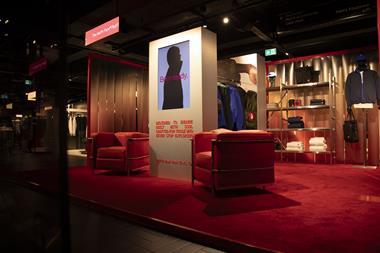
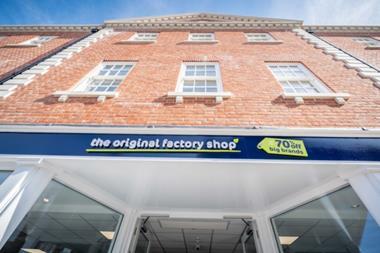


No comments yet